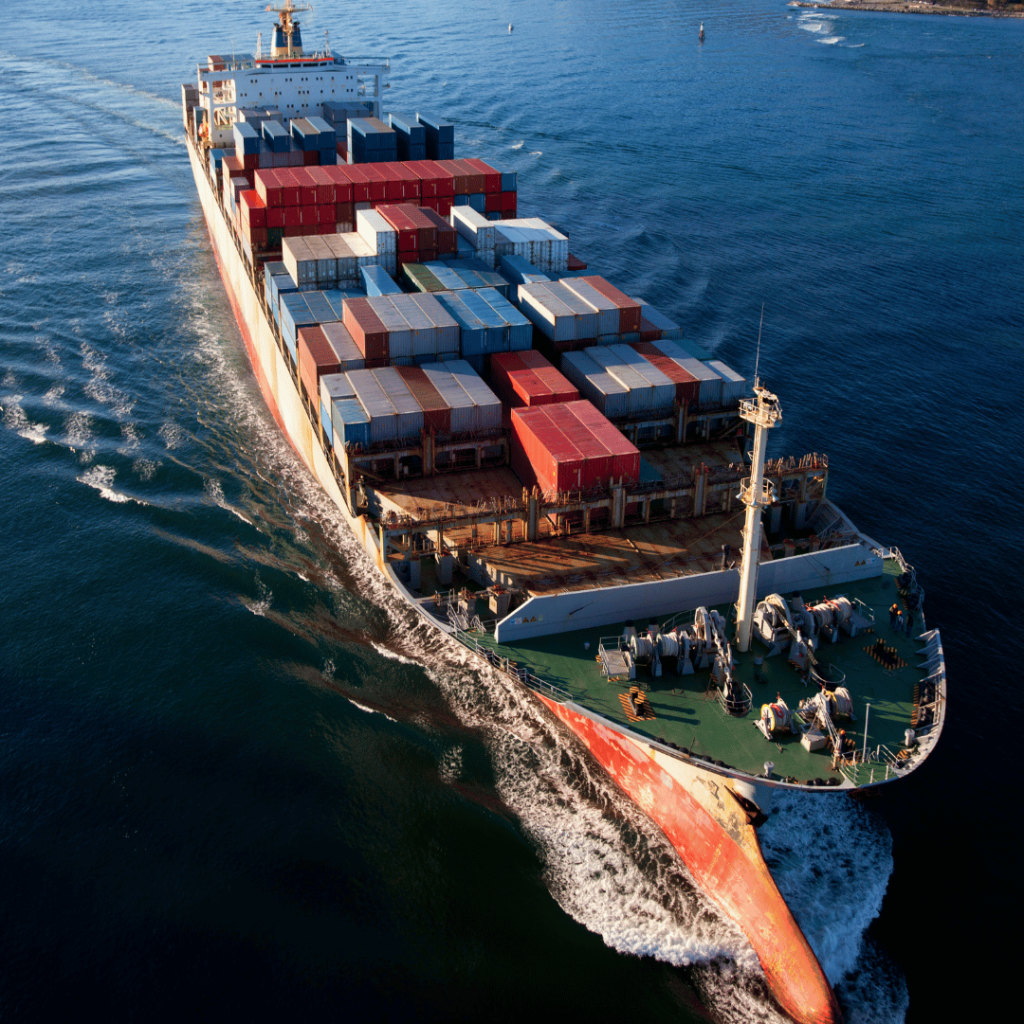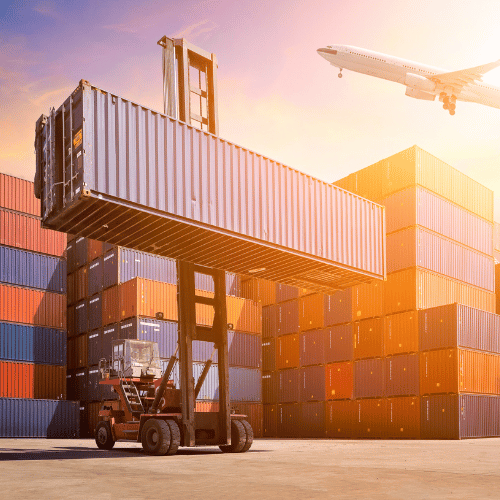In today’s fast-paced economy, ground logistics plays a vital role in ensuring the efficient and timely movement of goods. Whether it’s raw materials being transported to manufacturing plants or finished products reaching consumers, ground logistics forms the backbone of supply chains across various industries. This article explores the importance of ground logistics, the challenges faced, and strategies for optimization.
The Importance of Ground Logistics
- Connectivity and Accessibility: Ground logistics provides unparalleled connectivity and accessibility, linking production sites, warehouses, distribution centers, and retail outlets. Trucks, trains, and other ground vehicles can reach remote and urban areas alike, making them indispensable in the supply chain.
- Cost-Effectiveness: Compared to air and sea transport, ground logistics often offers a more cost-effective solution for short to medium distances. It is particularly beneficial for the last-mile delivery segment, where speed and cost are critical.
- Flexibility: Ground transportation offers flexibility in scheduling and routing, allowing companies to adapt quickly to changing demand and supply conditions. This adaptability is crucial for managing inventory levels, meeting customer expectations, and handling unforeseen disruptions.
- Speed: For many routes, ground transport is faster than shipping by sea and more reliable than air freight, especially for regional deliveries. The ability to deliver goods quickly can significantly enhance customer satisfaction and business performance.
Challenges in Ground Logistics
- Infrastructure Limitations: Poor road conditions, traffic congestion, and limited rail networks can hinder the efficiency of ground logistics. These challenges are more pronounced in developing regions where infrastructure investment may lag behind demand.
- Regulatory Compliance: Navigating the regulatory landscape is complex, with varying laws on weight limits, emissions, and driver hours across different jurisdictions. Ensuring compliance can be both time-consuming and costly.
- Environmental Impact: Ground transportation is a significant contributor to greenhouse gas emissions. The industry faces increasing pressure to adopt more sustainable practices and reduce its environmental footprint.
- Technological Integration: While technology offers significant benefits, integrating new systems such as GPS tracking, telematics, and automated vehicles into existing operations can be challenging. The high cost of technology implementation and the need for staff training are additional hurdles.
Strategies for Optimizing Ground Logistics
- Route Optimization: Utilizing advanced route planning software can help companies minimize travel distances, reduce fuel consumption, and improve delivery times. These tools can factor in real-time traffic data, weather conditions, and road closures.
- Fleet Management: Effective fleet management involves regular maintenance, driver training, and adopting fuel-efficient vehicles. Telematics and GPS tracking can enhance fleet utilization and reduce operational costs.
- Sustainable Practices: Implementing eco-friendly practices such as using alternative fuels, optimizing load capacities, and reducing idling times can help mitigate environmental impacts. Additionally, companies can invest in electric or hybrid vehicles to further reduce emissions.
- Collaboration and Partnerships: Collaborating with logistics partners and third-party providers can enhance service levels and expand market reach. Sharing resources and information with partners can lead to more efficient operations and better customer service.
- Technology Adoption: Embracing technology such as automated warehouses, AI-driven analytics, and IoT devices can streamline logistics operations. These technologies provide real-time visibility into supply chains, enabling proactive decision-making and improving overall efficiency.
Conclusion
Ground logistics is a critical component of modern supply chains, providing the connectivity, flexibility, and speed necessary to meet today’s demanding market conditions. While the industry faces challenges such as infrastructure limitations, regulatory compliance, and environmental concerns, adopting strategic measures can significantly enhance efficiency and sustainability. By optimizing routes, managing fleets effectively, embracing sustainable practices, fostering collaborations, and leveraging technology, businesses can improve their ground logistics operations and achieve greater success in the competitive global marketplace.








